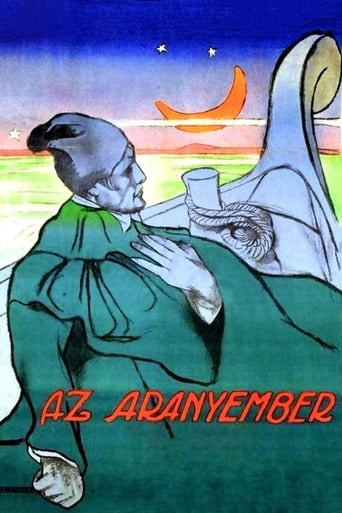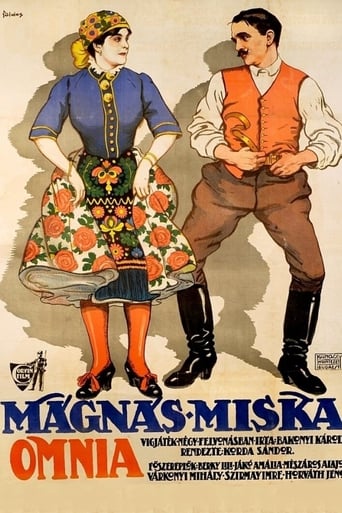A kis lord 1918
The outskirts of New York: Cedrik Errol, 8 years old, lives in miserable conditions with his widowed mother. Refined features, charming demeanour, and always neatly dressed, he earns the nickname “The Little Lord.” One day a lawyer comes saying he is the grandson (and only heir) of Lord Fauntleroy. Cedric travels to England and quickly gets friendly with the grumpy old gentleman.


